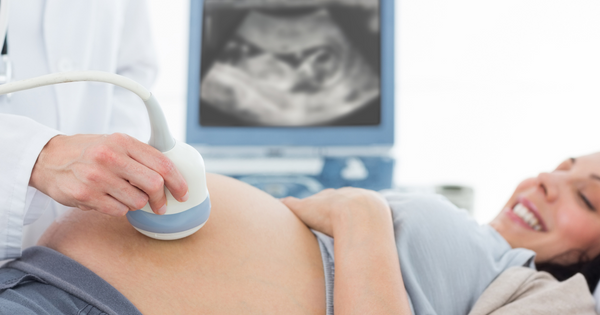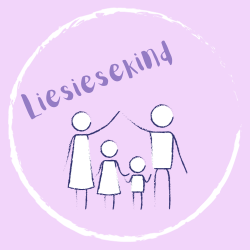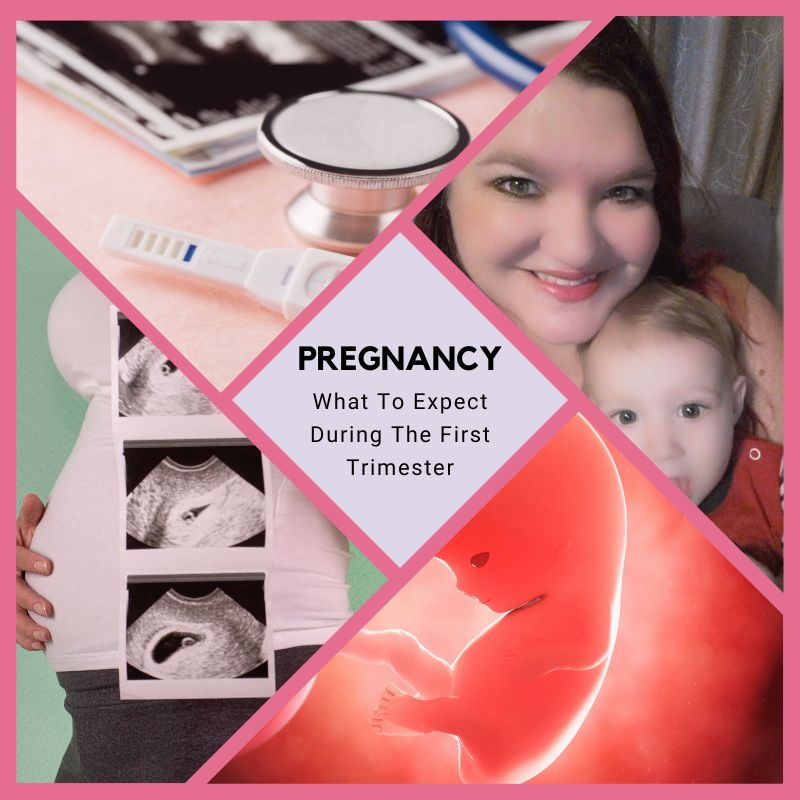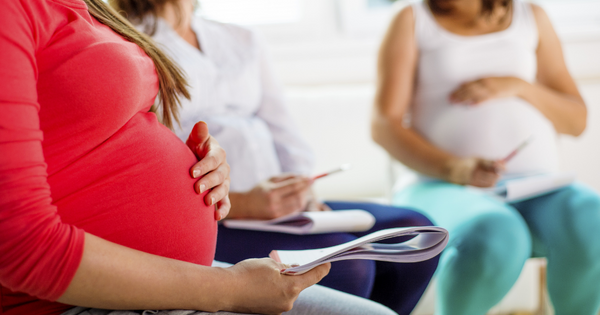In this article, I will share bits of information about what to expect during the first trimester of pregnancy. But before I write anything else – congratulations mommy, the next few months is going to be an exciting journey. I wasn’t sure at first if I wanted to be a mom, to be honest, I had no idea if I’d be a good mom. But when we finally decided to try for a baby it didn’t take long before I started noticing certain bodily changes that convinced me that I’m pregnant.
At first, it was the extreme fatigue – by 11 am it was hard for me to keep my eyes open at work. Secondly, it was the absence of my period (I used to be pretty regular – but I must admit I didn’t realize it until the next symptom started). The third sign was the tell-tale sign for me – extreme nausea. Goodness, morning sickness is no joke and I’ve never experienced this level of nausea before.
During my first trimester there were few things that I could stomach … or keep down for that matter. In August 2015 we decided to try for a baby and before Christmas that year it was confirmed – I was expecting. Looking back, I don’t regret anything. Being a mom is one of the most rewarding things in life. I enjoyed every bit of pregnancy – even the bad parts because just knowing that I was growing a little person inside of me was beyond anything I’ve ever felt before.
Pregnancy – The First Trimester
The first trimester is the first three months (12 weeks) of pregnancy. This is the stage where your little one grows from a tiny egg into a fetus measuring 6cm. It’s unlikely that your bump will be highly visible during this time. Most women will experience morning (or in my case, afternoon) sickness, and it’s a bit early to tell the sex of your baby at this point.

First Trimester Symptoms
It can vary from one pregnancy to the next, but the most common symptoms during the first trimester include:
- Fatigue
- Morning sickness
- Breast tenderness
- Mood fluctuations
- Back pain
- Bloating
Antenatal Care
It’s best to begin antenatal care at around ten weeks. Your gynecologist will perform an ultrasound to look for any risk factors for structural abnormalities or Downs Syndrome. He will also order blood tests to check blood type, immunity against Hepatitis B and Rubella, iron, HIV status, blood sugar levels, etc. Throughout your pregnancy, your gynecologist will also check your urine for any signs of protein (pre-eclampsia), and infection to reduce the risk of pre-term labor.
Your doctor will also keep an eye on pre-existing medical conditions with chronic medications that might need adjustment during your pregnancy. It is important to feel self-assured and comfortable when you’re expecting, so if you have any questions don’t hesitate to ask your doctor. Also, if you’re experiencing any symptoms that are worrisome or unexpected, don’t hesitate to contact your doctor. Prevention is always better than cure – or worst-case scenario.

Things You Can Do
Your health and the health of your baby is quintessential, so it’s a good idea to take a multivitamin that has iron and folic acid. Folic acid can be taken from the early stages of pregnancy, or even when you’re trying to conceive, to lower the chance of neural tube abnormalities like Spina Bifida. Also, stick to a nutritious and healthy diet with plenty of fiber to prevent constipation and acid reflux during pregnancy. It’s also a good idea to stay active with moderate exercise.
RELATED: Tomato craving during pregnancy – is it good or bad?
What Not To Do
Things that should be avoided during the first trimester are smoking and alcohol as it could hinder the growth and development of your baby. Also, steer clear of undercooked or raw foods like sushi. Pregnant women should also leave the cleaning of the cat litter box to your hubby or partner to avoid exposure to Toxoplasmosis. Always be honest with your doctor and if you are taking any medication or supplements, it’s best to consult with your doctor, as some might be harmful to the fetus.
RELATED: What foods and drinks to avoid during pregnancy
When Should You Contact Your Doctor?
If you notice any blood clots or heavy bleeding, it’s essential to seek medical attention immediately. The same goes for severe abdominal pain, vomiting, or an inability to keep any fluids or foods down. The hospital might have to administer IV fluids to avoid dehydration. Other alarming signs or symptoms to be on the lookout for include:
- Severe swelling or calf pain – might be an indication of a blood clot in your leg
- One-sided headaches – might indicate a blood clot in your brain
- High fever
- Rash
- Sore throat
When Is The Best Time To Announce Your Pregnancy?
Many women ask this question – when is the best time to make the announcement? Some prefer telling everyone immediately, while others prefer to wait until after the first trimester once they have more certainty that everything is going well with the pregnancy and the baby. The risk of pregnancy loss is at its highest during the first trimester.
Final Thoughts
And there you have it! I hope that my post about the first trimester and what to expect has been an interesting read. Good luck with the rest of your pregnancy and remember to be good to yourself. Now is the time to be selfish and think of not just your well-being, but that of the little one you’re carrying as well. Everything else comes second.






Be the first to reply